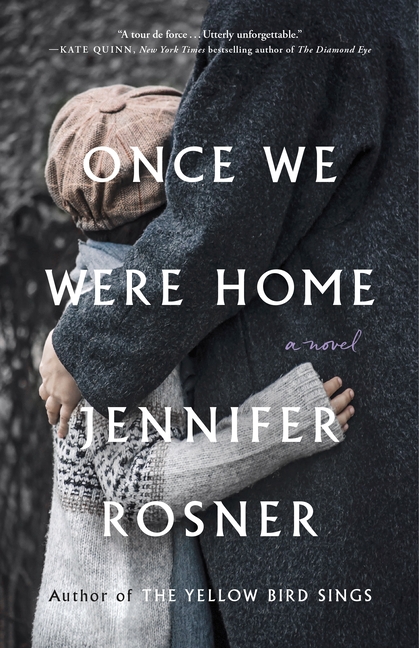Appears at first alluringly simple. In straightforward prose adorned with a poetic sensibility, Rosner intertwines three narratives about displaced children ping-ponging across Europe and Israel during World War II and its aftermath ... Rosner’s project in Once We Were Home transcends even her abundant storytelling gifts. Over time, Rosner’s characters find themselves at the vortex of complex legal, moral, and philosophical questions ... The poignant plot and the overwhelmingly sympathetic characters of Once We Were Home — constrained by circumstances, struggling for agency — are fictional, and the novel’s concerns universal ... Rosner’s juxtaposed narratives, moving fluidly through the decades, seem disconnected. But even before her characters intersect, familiar objects — a dreidel, nesting dolls, exquisitely carved chess pieces — keep popping up in prefatory monologues and the stories themselves ... Rosner immerses readers in her characters’ efforts to understand their origins, their emotions, and their religious beliefs. She channels their voices as they struggle to find a stable identity.
Read Full Review >>

